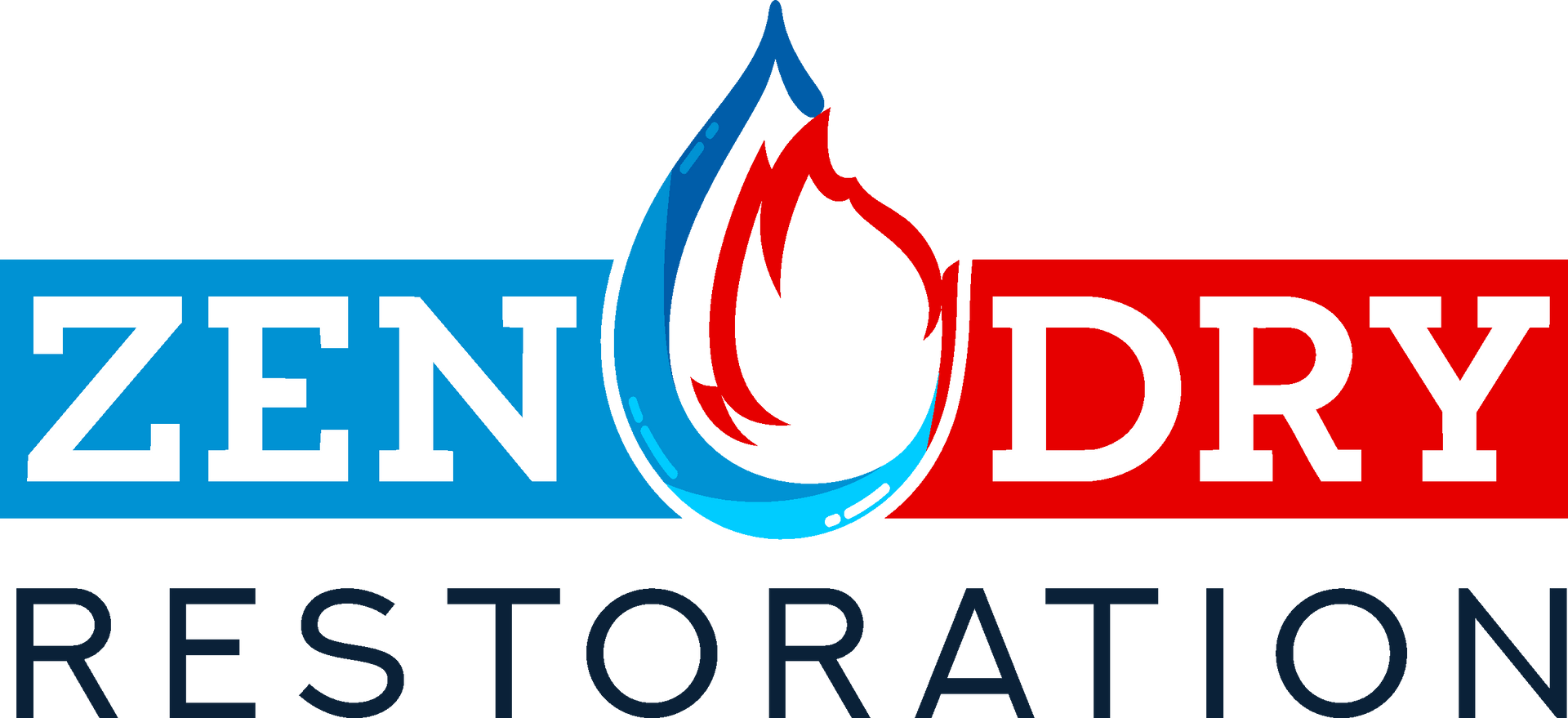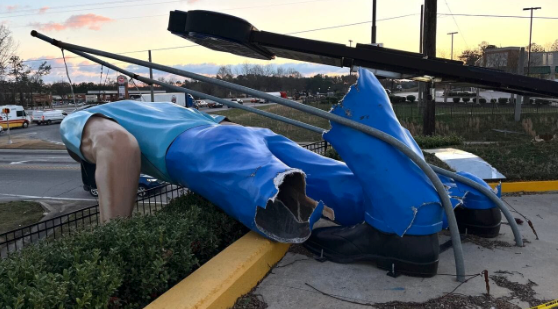How to Get Rid of Water Stains Like a Professional?
Introduction
Water stains are typically caused by one of three things: condensation, mineral deposits, or leaks. Condensation is the most common cause of water stains and usually happens when there is high humidity or when water droplets form on a cold surface. Mineral deposits can cause water stains if the water is hard or if there are minerals in the air. Leaks can also cause water stains, and usually happen when there is a hole or crack in a pipe or roof.
No one likes to see water stains on their ceiling or walls. But what many people don't realize is that these stains can be removed quite easily with the right tools and techniques. In this article, we'll show you how to get rid of water stains like a professional. Continue reading for tips on how to revive your glass shower door or once-bright faucet and much more!
Get Rid of water stains for good
Whether you're dealing with a stain on your faucet, or on your carpet, clothing, or shower door, there are a few simple tricks you can use to get rid of it quickly and easily. With a little elbow grease, you'll have that stain gone in no time.
Vinegar and water solution
One option is to use a vinegar and water solution. Vinegar is a natural acid that can break down the minerals in hard water, making it easier to remove the stains. You can either use white vinegar or apple cider vinegar.
Simply mix equal parts vinegar and water, dip a clean cloth into the mixture and wring it out so it’s damp. Rub the cloth over the stained area in a circular motion. You may need to repeat this process a few times to remove the stain completely.
Baking soda and water paste
Another option is to use baking soda and water paste. Mix together 1 cup of baking soda and 1 cup of water in a bowl. Use the paste to scrub the stains off of the surface. Apply the paste to the stain and let it sit for a few minutes before wiping it away.
Commercial cleaner
Water stains can be a pain to get rid of, but with a little care and patience and finding the right methods that work best for you, they’ll vanish. Whatever method you choose, be sure to test it in an inconspicuous area first to make sure it won't damage your surfaces.
Common Causes of Hard Water Stains
Hard water stains are a common problem in many households. There are a few different things that can cause hard water stains. One is simply the presence of minerals in the water, which can leave behind deposits on surfaces as the water evaporates. Another possibility is that the water is too alkaline, which can also lead to staining. Finally, it could be that the water has a high iron content, which can cause rusting and staining.
Getting Rid of Hard Water Stains on Shower Heads & Faucets
If you have hard water stains on your shower heads or faucets, there are a few ways you can get rid of them. You can try using vinegar or lemon juice, or you can buy a commercial cleaner specifically for hard water stains. If the stains are really stubborn, you may need to scrub them with a brush or sandpaper.
Removing Water Spots on Dishes
If you're looking for a way to remove water spots from your dishes, there are a few things you can try. One is to use white vinegar. Simply add equal parts vinegar and water to a spray bottle and mist the spots. Let it sit for a few minutes, then rinse. You can also try using a mild abrasive, like baking soda or salt. Just make sure to rub gently so you don't damage the finish on your dishes.
Stop Hard Water Stains Before They Start
If you're noticing hard water stains in your sink, shower, or toilet, it's important to take action to prevent them from getting worse. There are a few things you can do to stop hard water stains before they start.
First, invest in a water softener to help reduce the mineral content in your water. You can also try using a vinegar solution to clean hard water stains. Be sure to rinse thoroughly afterward. Finally, make sure you're using a cleaner that is specifically designed for hard water stains. By taking these steps, you can help keep your home free of hard water stains.
1. Clean for 1-2 Minutes Per Day
Did you know that you can stop stains before they start by simply cleaning your fixtures for 1-2 minutes each day? This action will help remove the minerals that cause hard water stains.
2. Invest in a Home Water Softener
If you're concerned about hard water stains, investing in a home water softener is a smart move. Water softeners remove minerals from water, which prevents them from depositing on surfaces and causing stains. Not only will this keep your home looking clean and stain-free, it will also extend the life of your plumbing and appliances.
3. Seal Surfaces
If you're noticing hard water stains around your home, it's time to take action. Sealing surfaces is a great way to stop hard water stains before they start. This will create a barrier between the surface and the water, making it easier to clean and preventing future stains.
4. A Brush for Every Toilet
If you have hard water, you know how difficult it is to keep your toilets clean. Hard water stains can be difficult to remove, and they can also be a breeding ground for bacteria. That's why it's important to have a brush for every toilet in your home, so you can stop the stains before they start. The Brush works by creating a physical barrier between the toilet bowl and the water. This prevents the water from coming into contact with the bowl, and therefore, eliminates the possibility of any staining.
By taking these steps, you can help keep your home free of hard water stains.
Final Words
If you want to get rid of water stains like a professional, there are a few things you can do. First, try blotting the stain with a dry cloth. If that doesn't work, you can try using a bit of distilled white vinegar or lemon juice. Just be sure to test these solutions on an inconspicuous area first to make sure they won't damage your carpet or upholstery.
If you're still having trouble getting rid of the stain, you may need to call in a professional. But if you follow these tips, you should be able to get rid of most water stains on your own.
FAQs:
Where Is the Hardest Water?
There is no definitive answer to this question as water hardness varies depending on the geographical location. However, some areas that are known for having hard water include the United States, parts of Europe, and parts of Asia. Hard water contains high levels of minerals, such as calcium and magnesium, which can cause build-up on pipes and fixtures and make it difficult to get soap to lather.
How to Get Rid of Tough Hard Water Buildup
Hard water can leave behind a tough buildup on your fixtures and appliances. Natural products like Vinegar, baking soda, and commercial cleaners products can remove hard water buildup and keep your home looking clean and new.
How to Clean Hard Water Stains from Glass
To clean hard water stains from glass, mix equal parts white vinegar and water in a bowl. Dip a clean cloth into the mixture and use it to scrub the stains. Rinse the area with clean water and dry it with a soft cloth.
How to Get Rid of Hard Water Stains in Toilets
Toilet bowl stains from hard water are unsightly and difficult to remove. There are a few different ways that you can get rid of these stains. One way is to use a pumice stone. Pumice stones are abrasive and will remove the stains with a little elbow grease. Another way is to use a toilet brush and some CLR or another type of acidic cleaner. The acid in the cleaner will eat away at the stains. If you have stubborn stains, you may need to use a plunger to remove them.
What made my shower doors spotted with soap scum or hard water stains?
Soap scum and hard water stains can be a real pain to clean. But there are a few things you can do to make your shower doors look new again. First, try using a cleaner specifically designed to remove soap scum. If that doesn't work, you can try using a vinegar and water solution. Just be sure to rinse the doors well afterward so the vinegar doesn't damage the finish.







